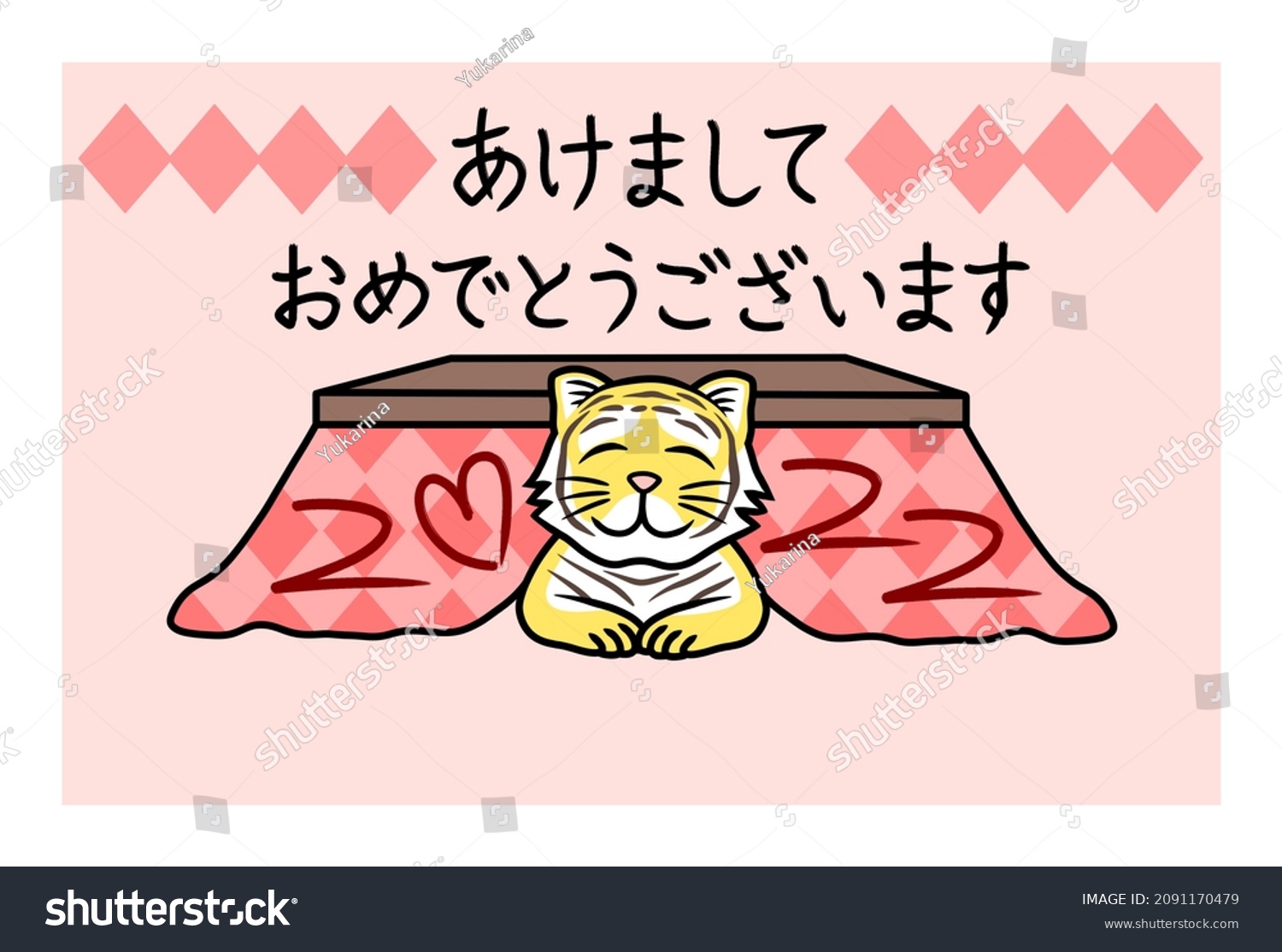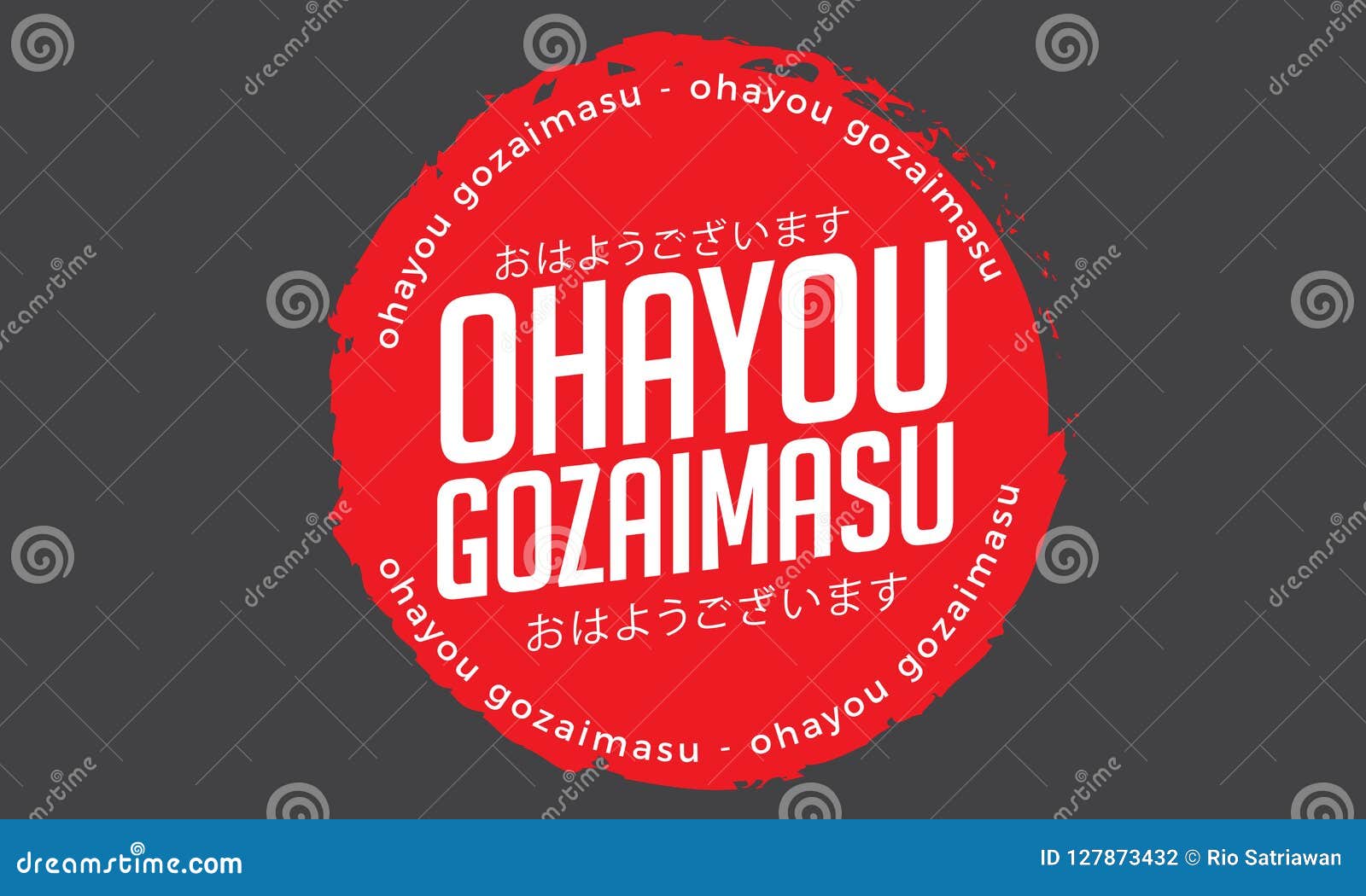Gozaimasu Meaning: Unveiling The Depths Of Japanese Respect
When it comes to Japanese language, the word "gozaimasu" is like a golden key that unlocks doors to politeness and respect. You might have heard it in anime, dramas, or even during business meetings, but do you really know what it means? Gozaimasu is more than just a word—it's a reflection of Japanese culture and etiquette. Let's dive in and uncover its true essence.
Picture this: you're in a traditional Japanese tea house, and the server says "irasshaimase" followed by "gozaimasu." It sounds formal, right? That's because gozaimasu is a polite verb form used to show respect. It's like putting on your best suit or dress before attending an important event. Understanding its meaning can make your interactions in Japan more meaningful and respectful.
Before we proceed, let me assure you this isn't just another boring language lesson. We're going to explore gozaimasu meaning in a way that connects with real-life situations. By the end of this article, you'll not only know what it means but also how to use it like a pro. So, let's get started!
Read also:Erika Buenfil The Rising Star Of Mexican Entertainment
What Exactly is Gozaimasu?
Gozaimasu is a polite form of the verb "iru" or "aru," which means "to exist" or "to be" in English. Think of it as the fancy version of these verbs, reserved for formal situations. When you hear someone say "arigatou gozaimasu," they're saying "thank you" in a very respectful manner. It's like saying "thank you very much" instead of just "thanks."
Breaking Down Gozaimasu
To truly grasp gozaimasu meaning, let's break it down:
- "Gozaimasu" is the polite form of "gozaru," an older, more formal way of saying "to be."
- It's often used in expressions like "arigatou gozaimasu" (thank you very much) or "ohayou gozaimasu" (good morning).
- The word carries a sense of humility and respect, making it perfect for formal settings.
Imagine walking into a high-end restaurant in Tokyo. The staff greets you with "irasshaimase" followed by "gozaimasu." It's their way of showing respect and welcoming you with open arms. Cool, right?
Where Does Gozaimasu Come From?
Language evolves, and so does gozaimasu. Originally, it comes from the verb "gozaru," which was used in classical Japanese. Over time, "gozaru" transformed into "gozaimasu" to fit modern speech patterns. Think of it as a linguistic makeover!
Here's a fun fact: "gozaru" was once the go-to verb for samurai and nobles. So, when you use gozaimasu today, you're tapping into a rich historical tradition. Pretty cool, huh?
How Gozaimasu Fits Into Modern Japanese
In today's Japan, gozaimasu is everywhere. From business meetings to casual conversations, it's a staple of polite speech. Here's why:
Read also:Pablo Escobar Daughter The Untold Story Of A Legacy In Shadows
- It shows respect to others, which is a core value in Japanese culture.
- It helps maintain harmony in social interactions.
- It's versatile, working in both formal and semi-formal settings.
For instance, if you're at a job interview, saying "arigatou gozaimasu" instead of just "arigatou" can make a huge difference. It signals that you're serious about the opportunity and respect the interviewer's time.
Common Phrases with Gozaimasu
Now that we know what gozaimasu means, let's look at some common phrases where it shines:
Arigatou Gozaimasu
This is the most well-known phrase with gozaimasu. It means "thank you very much" and is used in almost every situation where gratitude is involved. Whether you're thanking a waiter, a teacher, or a colleague, "arigatou gozaimasu" is your go-to phrase.
Ohayou Gozaimasu
When you want to say "good morning" with a touch of formality, "ohayou gozaimasu" is the way to go. It's often used in workplaces or when greeting someone older or in a higher position.
Konbanwa Gozaimasu
Although less common, "konbanwa gozaimasu" is a formal way of saying "good evening." You might hear it in traditional settings or during formal gatherings.
These phrases aren't just words—they're tools for building connections and showing respect. Think of them as your secret weapons in Japanese communication.
When Should You Use Gozaimasu?
Knowing when to use gozaimasu is just as important as knowing what it means. Here's a quick guide:
In Business Settings
Whether you're giving a presentation or negotiating a deal, gozaimasu is your best friend. Using phrases like "arigatou gozaimasu" or "sumimasen gozaimasu" shows that you value professionalism and respect.
In Everyday Life
Even outside the office, gozaimasu has its place. If you're visiting someone's home or attending a social event, using polite language can make a big difference. It's like saying "please" and "thank you" in English—it just makes everything smoother.
Remember, context is key. While gozaimasu is great for formal situations, overusing it in casual settings might make you sound too stiff. Balance is the name of the game!
How Gozaimasu Differs from Other Polite Forms
In Japanese, there are several ways to express politeness. So, how does gozaimasu stand out? Let's compare:
- Desu/Masu Form: This is the basic polite form, suitable for most situations. For example, "taberu" (to eat) becomes "tabemasu."
- Gozaimasu: This is a higher level of politeness, often used in formal settings. It's like adding an extra layer of respect to your words.
- O/Go Honorifics: These prefixes are used with gozaimasu to make expressions even more polite. For example, "arigatou" becomes "arigatou gozaimasu."
Think of it like a ladder of politeness. The higher you climb, the more respect you show. Gozaimasu is like the top rung of that ladder.
Practical Tips for Using Gozaimasu
Ready to start using gozaimasu in your conversations? Here are some tips to help you get started:
Start Small
Begin by incorporating simple phrases like "arigatou gozaimasu" into your daily vocabulary. As you get comfortable, you can move on to more complex expressions.
Practice with Native Speakers
Nothing beats practicing with someone who speaks Japanese fluently. They can give you feedback and help you improve your pronunciation and usage.
Watch Japanese Media
Listening to how native speakers use gozaimasu in context can be incredibly helpful. Whether it's anime, dramas, or news programs, there's plenty of material to choose from.
Remember, learning a language is a journey, not a destination. Be patient with yourself and celebrate every small victory along the way.
Cultural Insights: Why Gozaimasu Matters
Language and culture are deeply intertwined, and gozaimasu is a perfect example of this. In Japanese culture, respect and humility are highly valued, and gozaimasu embodies these values perfectly. By using it, you're not just speaking a language—you're embracing a way of life.
Think about it: when you say "arigatou gozaimasu," you're not just thanking someone. You're acknowledging their effort, their time, and their kindness. It's a small gesture, but it carries a lot of weight.
Common Mistakes to Avoid
Even the best of us make mistakes when learning a new language. Here are a few pitfalls to watch out for:
- Overusing Gozaimasu: While it's polite, using gozaimasu too much can make you sound overly formal or even awkward. Balance is key!
- Mispronouncing Words: Japanese pronunciation can be tricky, especially for beginners. Practice regularly to avoid embarrassing moments.
- Ignoring Context: Remember, the context matters. Using gozaimasu in casual settings might come off as strange or unnecessary.
Don't worry if you make mistakes—they're part of the learning process. The important thing is to keep practicing and improving.
Conclusion: Mastering Gozaimasu
Gozaimasu meaning goes beyond just words—it's a reflection of Japanese culture and values. By understanding and using gozaimasu, you're not just learning a language—you're embracing a way of life. Whether you're thanking someone, greeting them, or showing respect, gozaimasu is your key to unlocking deeper connections in Japan.
So, what are you waiting for? Start practicing today! Leave a comment below and let me know how you plan to use gozaimasu in your daily life. And don't forget to share this article with your friends who are also learning Japanese. Together, we can master the art of politeness and respect!
Table of Contents
Article Recommendations


